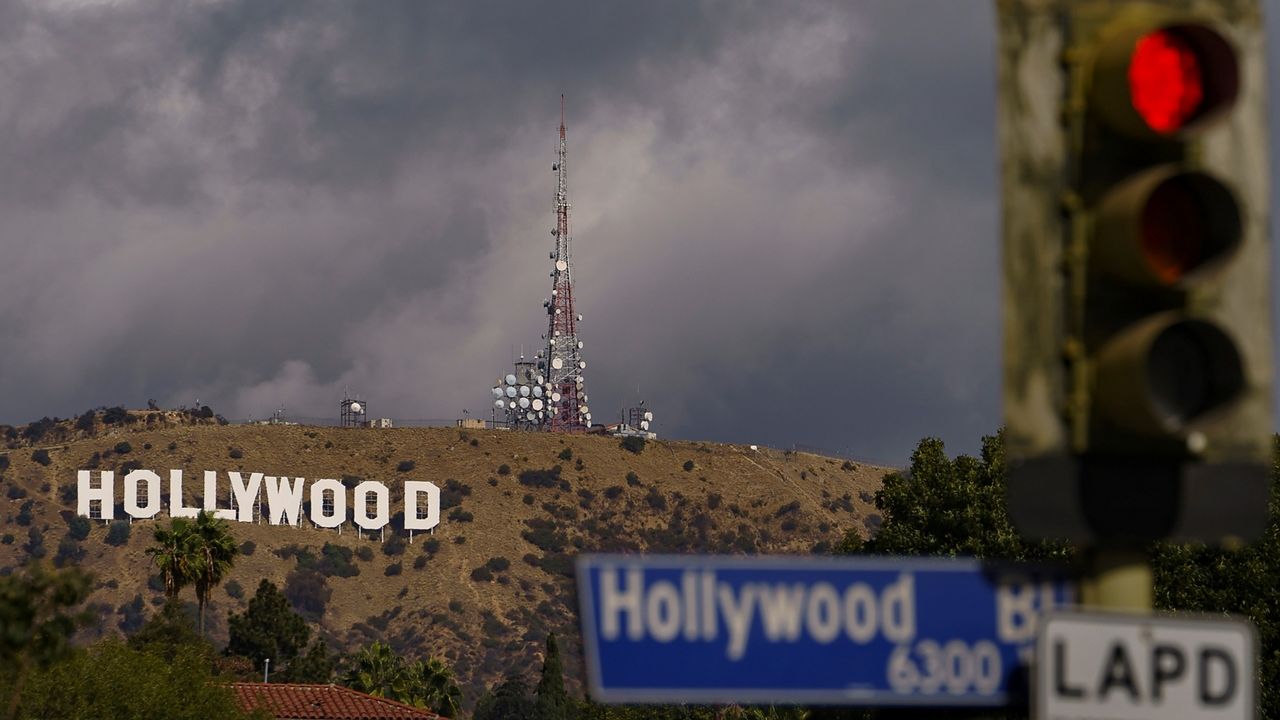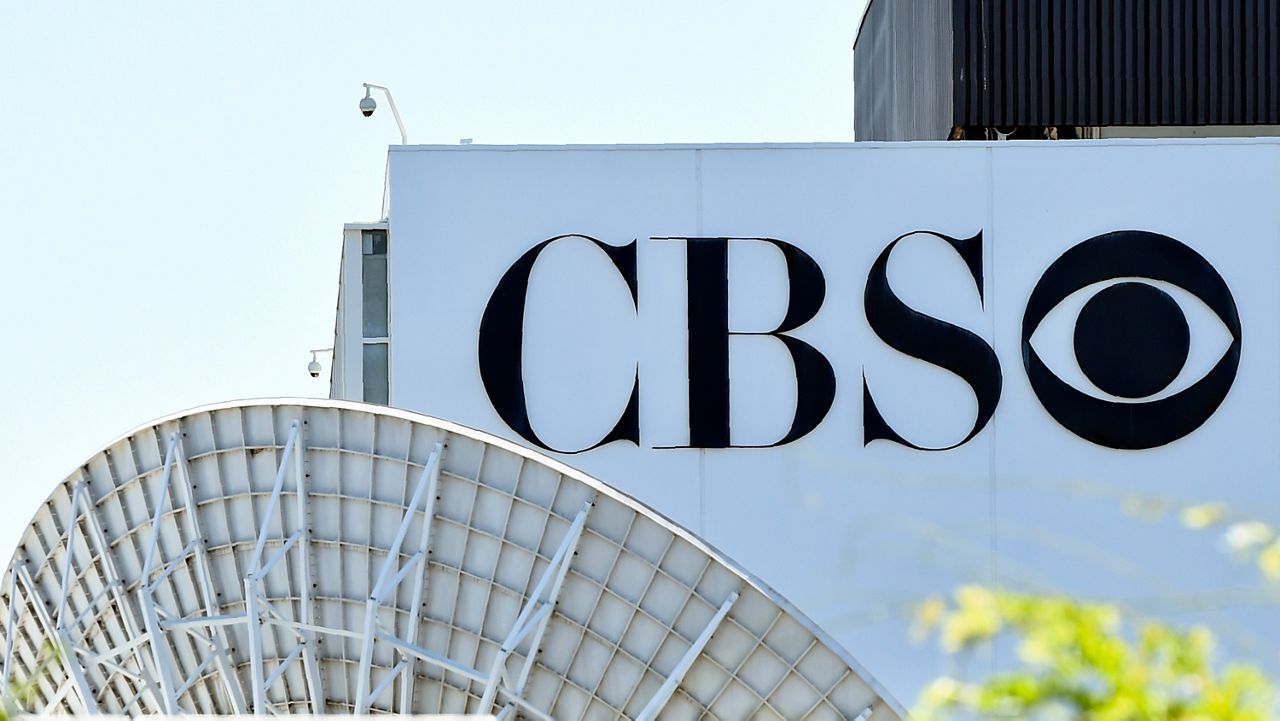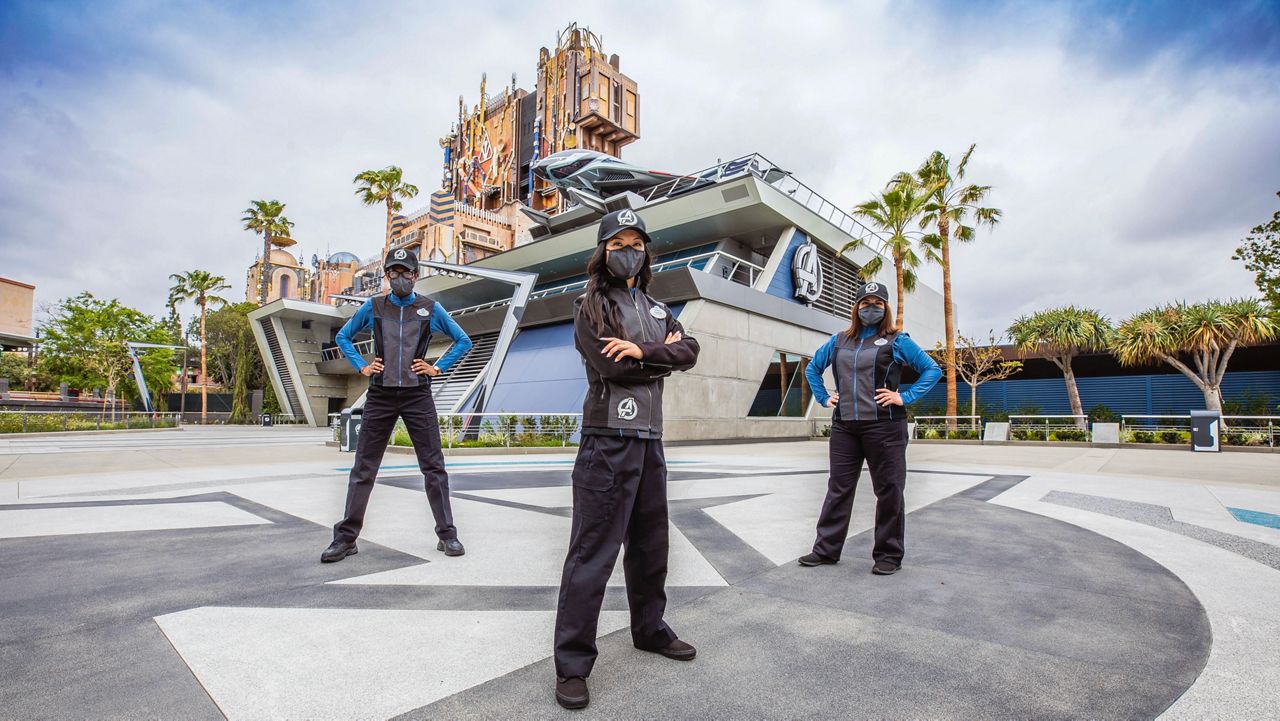HOLLYWOOD, Calif. — Thousands of craft workers in the entertainment industry approved a new contract agreement Thursday with TV and film studios, union officials announced.
Hollywood Basic Crafts, a coalition of unions representing roughly 8,000 studio drivers, location managers, electricians, chef assistants, animal wranglers, plasterers and similar crafts-based workers, reached the tentative deal last weekend on two contracts that were set to expire July 31.
Union members voted overwhelmingly in favor of both deals, which received 96% and 98% of the vote, Teamsters Local 399 announced Thursday. Turnout exceeded 80%, according to the union.
"The AMPTP congratulates the Basic Crafts unions on the overwhelming ratification of their respective deals, which contain important new protections and some of the largest increases in decades," the Alliance of Motion Picture and Television Producers said in a statement Thursday.
"The significant economic gains, benefits, additional safety measures, and quality of life improvements in these new contracts reflect the immense value and contributions the hard-working members of these unions bring to Hollywood daily. These deals will contribute to a stronger and more stable future for the motion picture industry — one that can continue to innovate and create and maintain well-paid jobs for its employees," the AMPTP added.
In addition to Teamsters Local 399, Basic Crafts also includes International Brotherhood of Electrical Workers Local 40, Laborers International Union of North America Local 724, United Association Plumbers Local 78 and Operating Plasterers & Cement Masons International Association Local 755.
The unions were seeking a sizable wage increase, minimum wages for department heads, improved working conditions including more holidays and more overtime penalties, additional contributions to the union's pension and health plans, limits on subcontracting and protection from being replaced by driverless trucks.
Meanwhile, about 2,500 SAG-AFTRA members who work on video games remain on strike following a breakdown in contract talks, with the use of artificial intelligence being a key sticking point.








